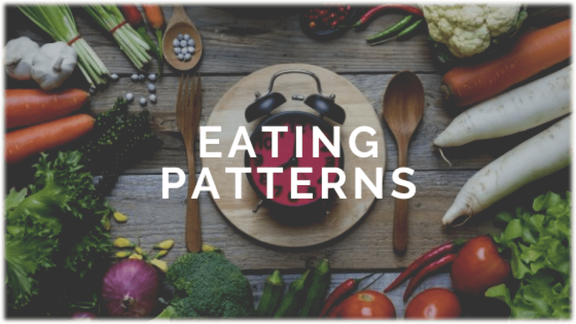Circadian RhythmsAlmost every plant and animal has a circadian/biological clock, that regulates the timing of biological processes, running every 24 hours. These ‘clocks’ are known as circadian rhythms, and are internal processes which are encoded into our DNA. We know that these circadian clocks exist because there are biological markers in the body that exemplify it. As we wake up, melatonin levels drop, stress hormone levels rise. As evening comes, melatonin rises and our body cools down, preparing us for sleep. Levels of all our hormones and chemicals rise and fall at certain times of the day, helping to maintain a healthy balance. When we neglect the body’s natural rhythms we become more susceptible to a variety of diseases from obesity to depression. How Eating Patterns Affect HealthJust like light, food at the wrong time can disturb the peripheral clock. This disrupts our natural metabolism – pushing us towards disease. In the morning, our stomach is prepared with the right hormones and enzymes and the correct gut microbiome to digest food. During the day, our body burns carbs and stores fat. As evening comes, the body begins to run low on carbs and so starts to burn fat. This complimentary opposite rhythm helps us maintain bodyweight. If we extend our last meal late into the night, the body continues to make fat, however there is not enough time for it to be burned effectively. This has been best shown in a study carried out on mice by the Salk Institute*:
The improvements were attributed to keeping the mice more in-sync with their biological clocks - by consuming when the genes for digestion are active. The Round UpWhen we eat is equally as important as what we eat. With the typical 9-5 working lifestyle eating in accordance with our circadian rhythm can be a real challenge, but the benefits make it more than worthwhile. Stop the late-night snacking, get in-tune with your circadian rhythm, and reap the physiological and psychological rewards. |
Author
Christian Lawal Personal Training.
Personal training in Tunbridge Wells, Tonbridge & Sevenoaks. Archives
January 2024
|

